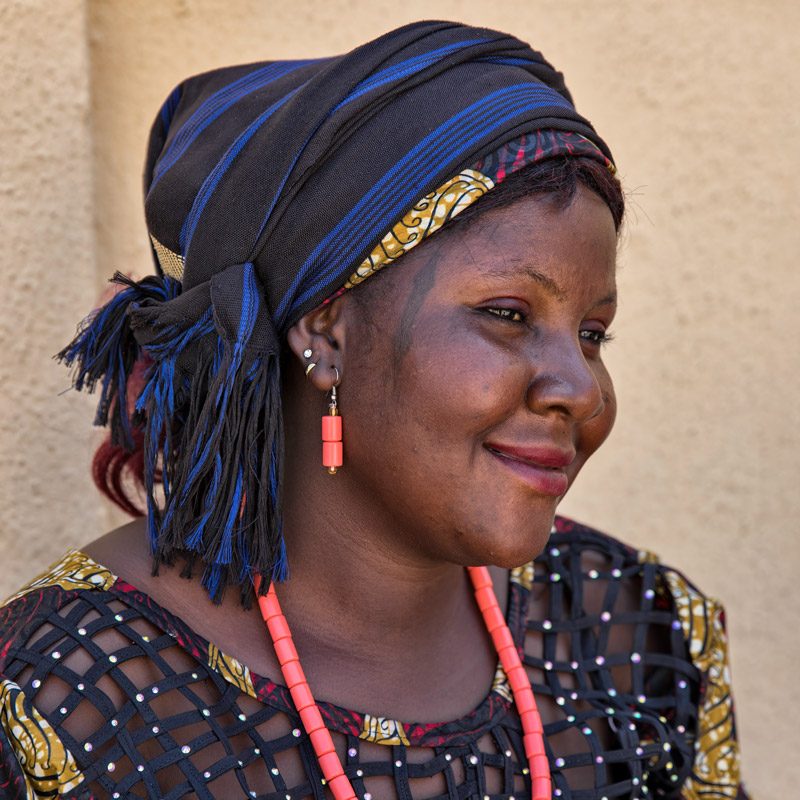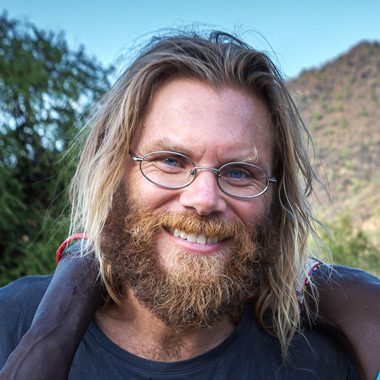With a population of over 30 million, the Hausa are one of the largest ethnic groups in all of Africa. Primarily, the Hausa people are found in the Sahel northern Nigeria and southeastern Niger. They are governed by Muslim emirs and their economy is based on agriculture, livestock and trade.
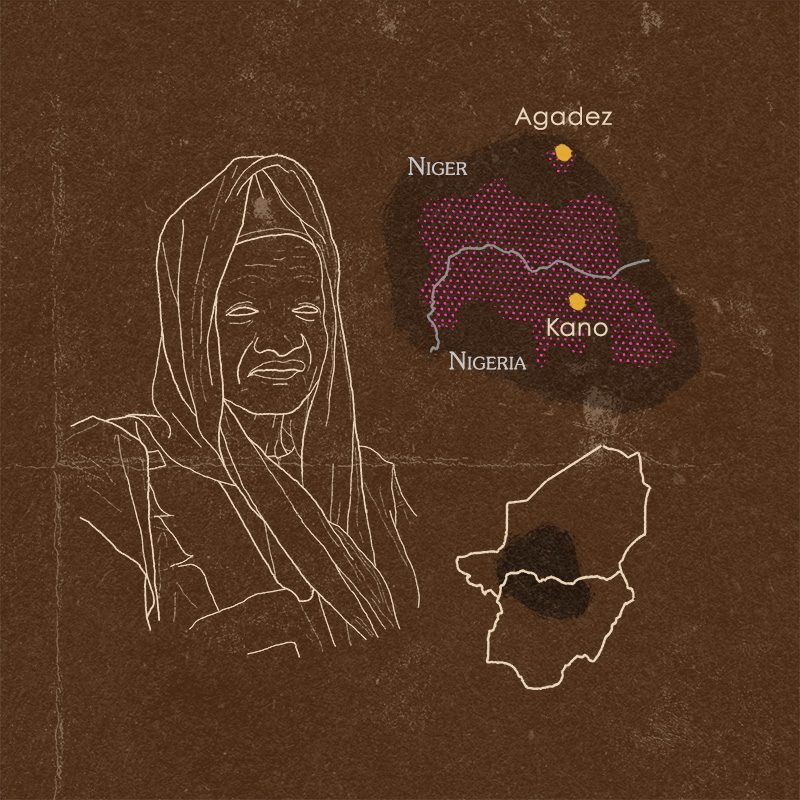
The majority of the Hausa people of Nigeria are Muslim. The religion was brought to them by traders from North Africa, Mali, Borneo and Guinea during their trade, and they quickly adopted it. However, the Hausa subgroup known as the Maguzaya practice a cult that worships nature spirits, known as 'bori' or 'iskoki'.
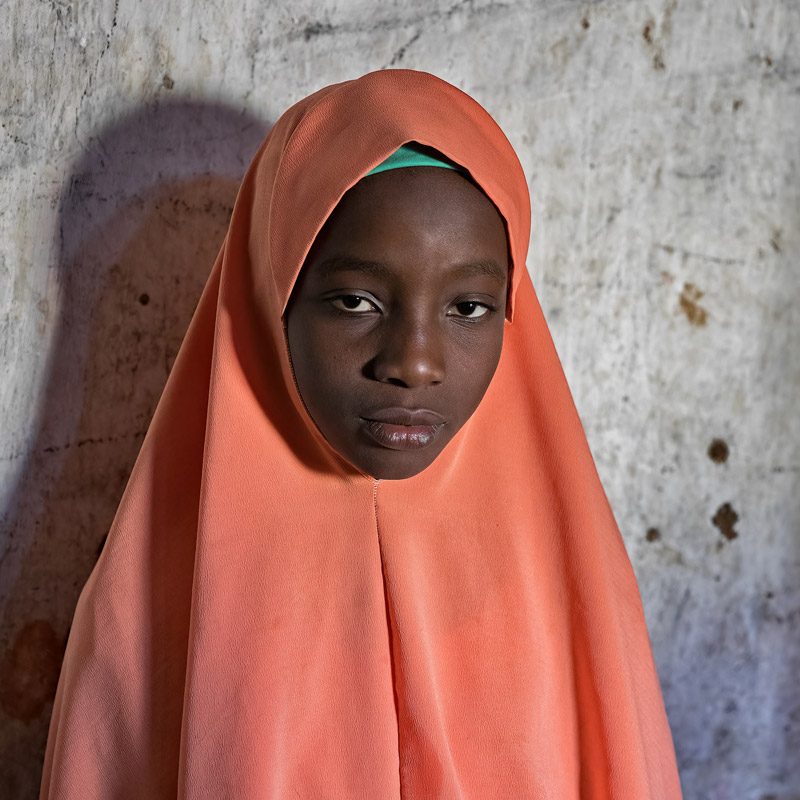
Hausa architecture
The architecture of the Hausa people of Nigeria stands out for its beauty, as well as its adaptation to the dry and hot ecosystem of the Sahel. The main materials used in traditional Hausa construction are clay, stone, and straw. A fundamental characteristic of Hausa architecture is the construction of thick walls, because they keep the interior cooler and more insulated.
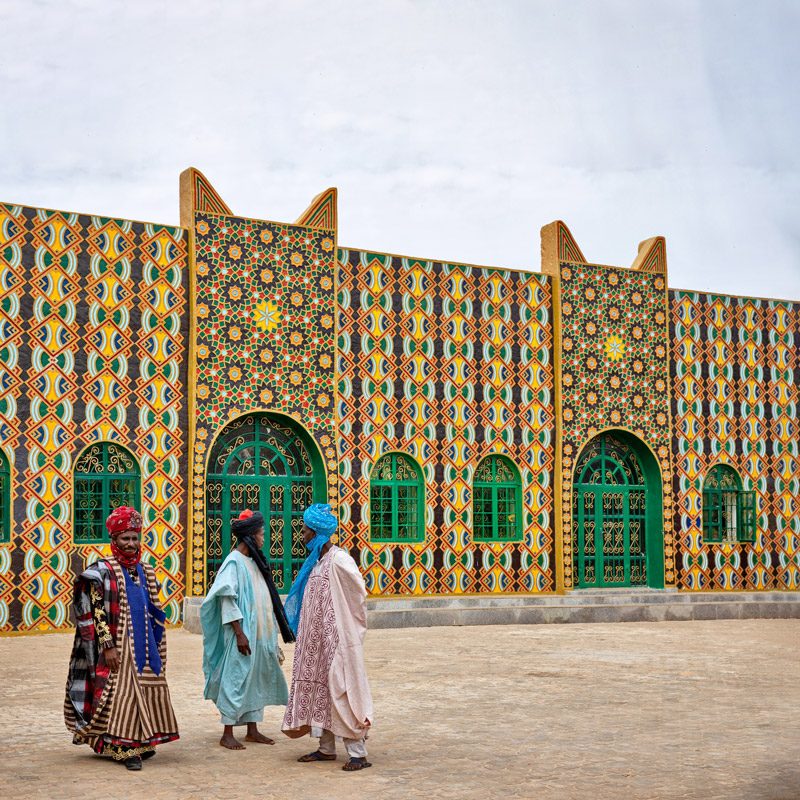
The homes and palaces of the Hausa people of Nigeria are filled with colorful motifs and decorations. They are usually made by traditional builders who, like artisans, are very skilled at manual work. They can draw freehand patterns directly onto the surface of the walls before carving their designs. Consequently, the complexity of the decoration of a façade often demonstrates the wealth and social position of the owner.

Another characteristic element are the pinnacles or 'zankwaye'. These are small vertical projections that protrude from the parapet of the roof.
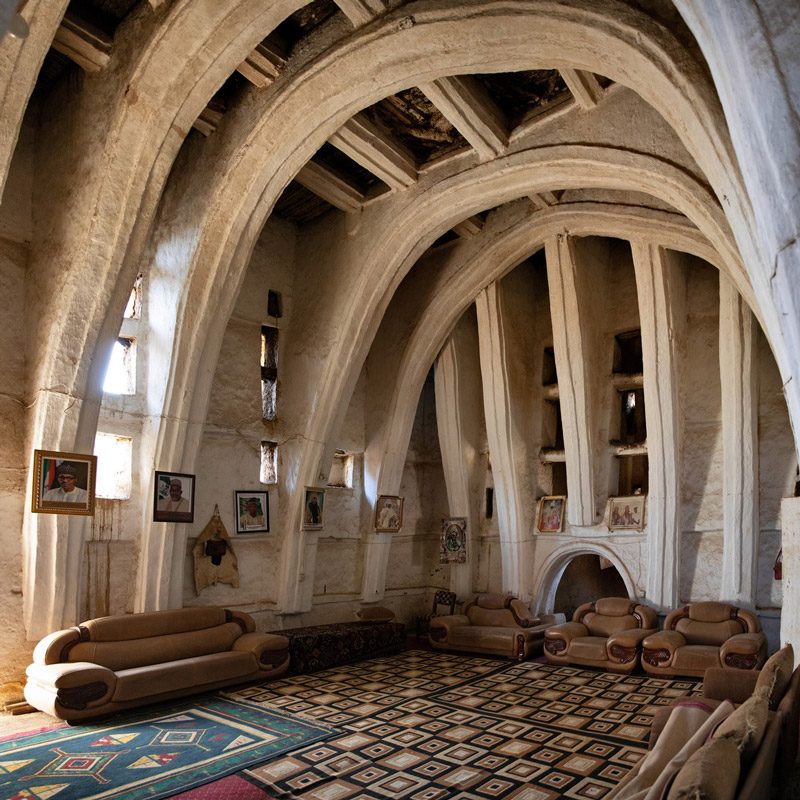
Do you want to meet the Hausa people of Nigeria?
Get to know the culture and customs of the Hausa people of Nigeria, as well as those of other ethnic groups, on our upcoming trips to Nigeria. Click here to see our upcoming trips to Nigeria.
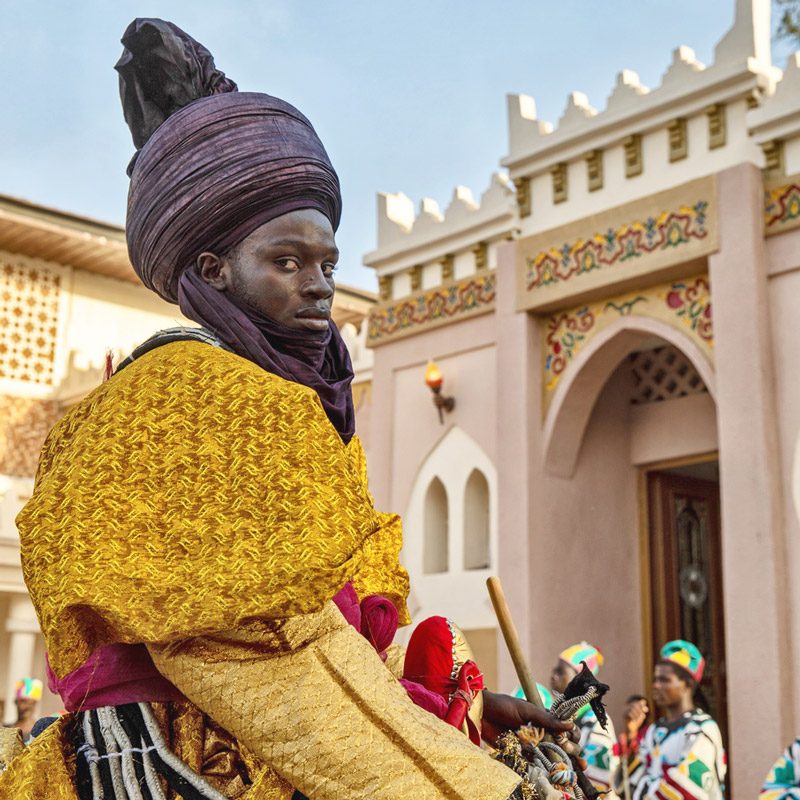
Durbar Festival of the Hausa people of Nigeria
The Durbar Festival is a cultural, religious and equestrian celebration held annually, usually coinciding with most important dates of Muslim calendar. It was born as military parades on 14th century. While in Niger they have almost disappeared, in Nigeria they are active and growing. During the Durbar Festival, each noble house parades before the Emir, acting as a regiment to show loyalty to him, as well as show that they are ready to defend him in case of war.
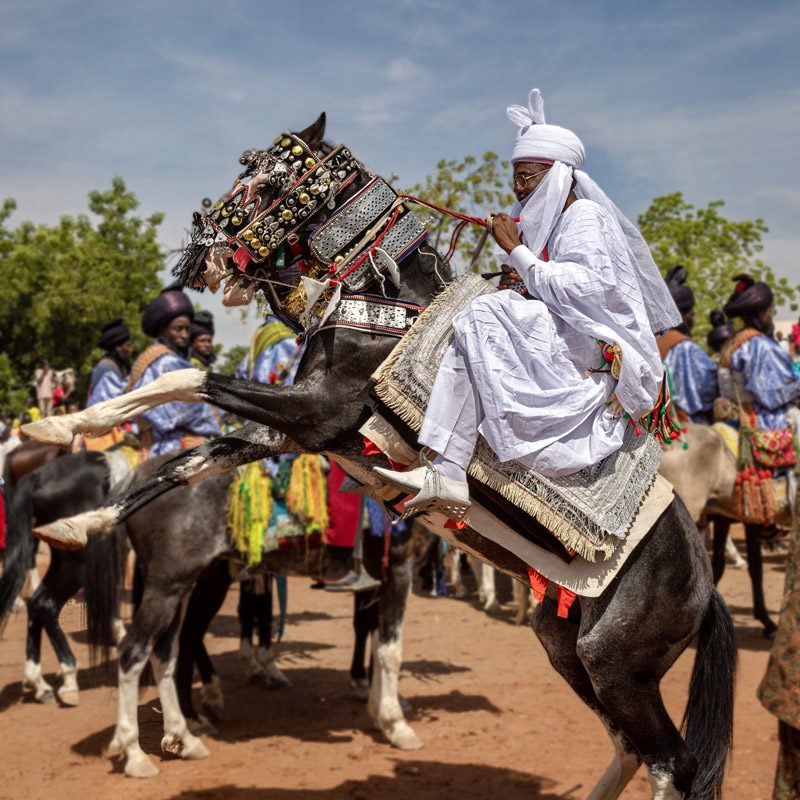
Traditionally, horsemanship has been very important among the nobility of the Hausa people of Nigeria. Formerly, they were used in war to protect the Hausa Emirates. Currently, horses represent the strength of their rider.
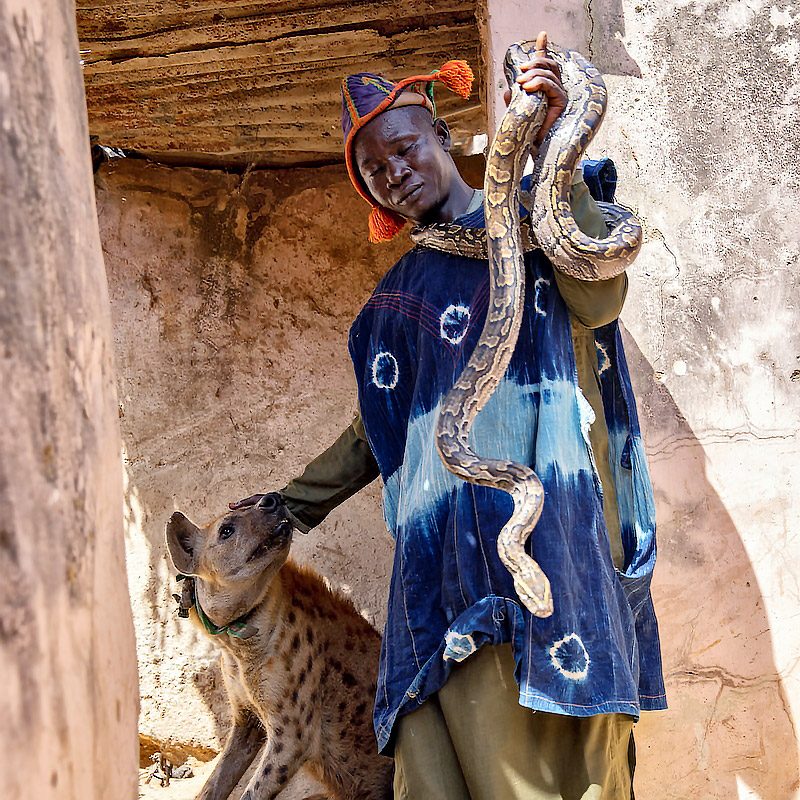
The Hyena Men of Nigeria
The hyena men live in rural northern Nigeria. There they trap baby hyenas, baboons and snakes, which they then train. Once these wild animals have been trained, they are brought to the city to perform exotic street circus shows.
They are said to use ancient magic to control wild animals. There are also rumors that they have supernatural powers and some even believe that they are part hyena.
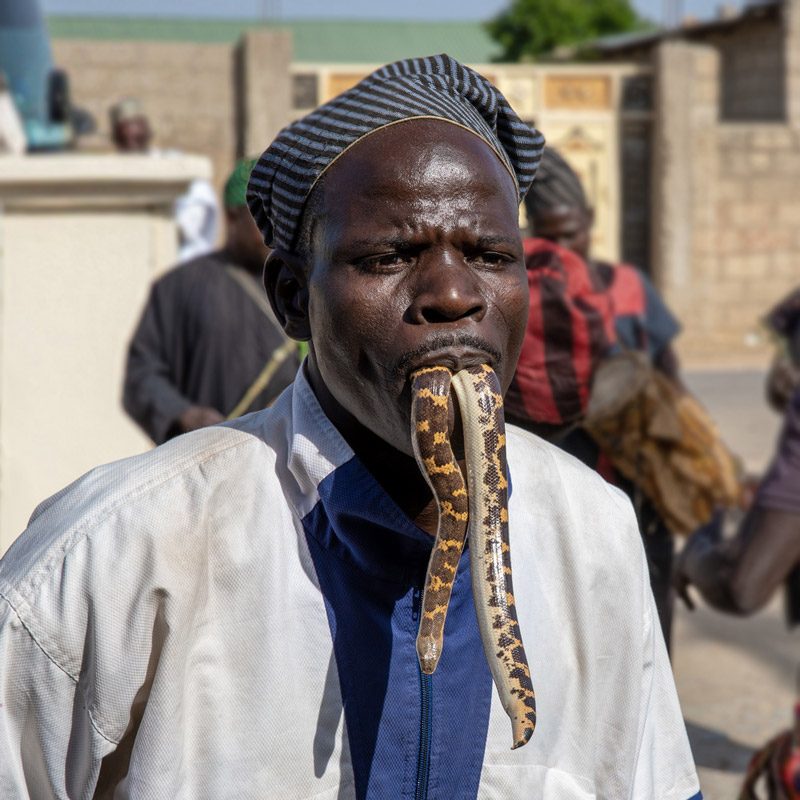
Last Places has been exploring and working with the Hausa people in Nigeria since 2013. Our local partner is a prince from the Dutse emirate in Jigawa state. With the help of His Royal Highness, we are able to attend the Durbar Festival parades and witness the performances of the mysterious Hyena Men.
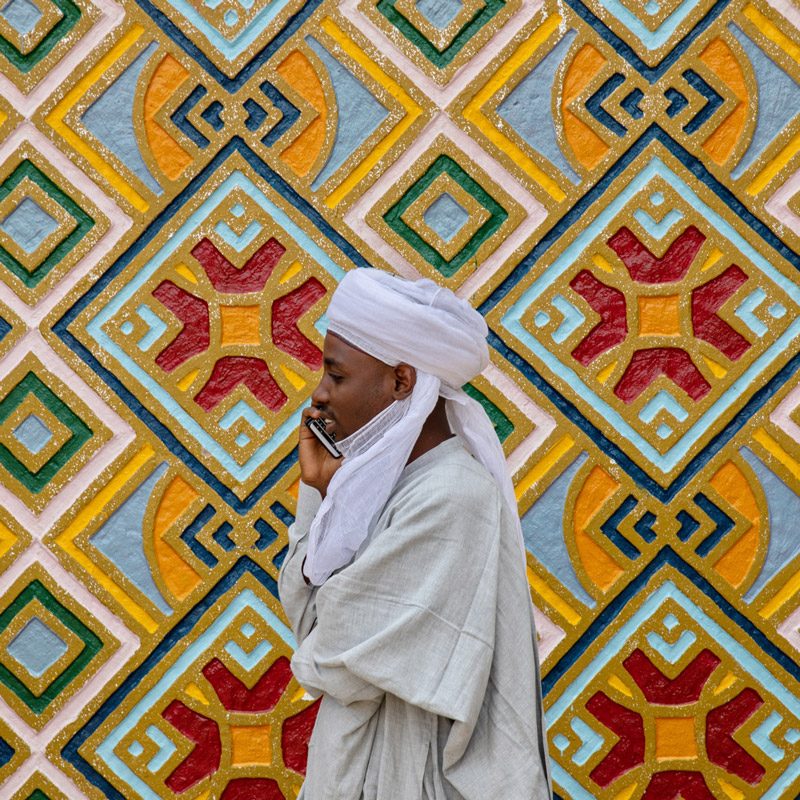
You can learn more about the Hausa people of Nigeria at www.101lasttribes.com.
© Photographs by Jordi Zaragozà taken during a Last Places trip to Nigeria.
